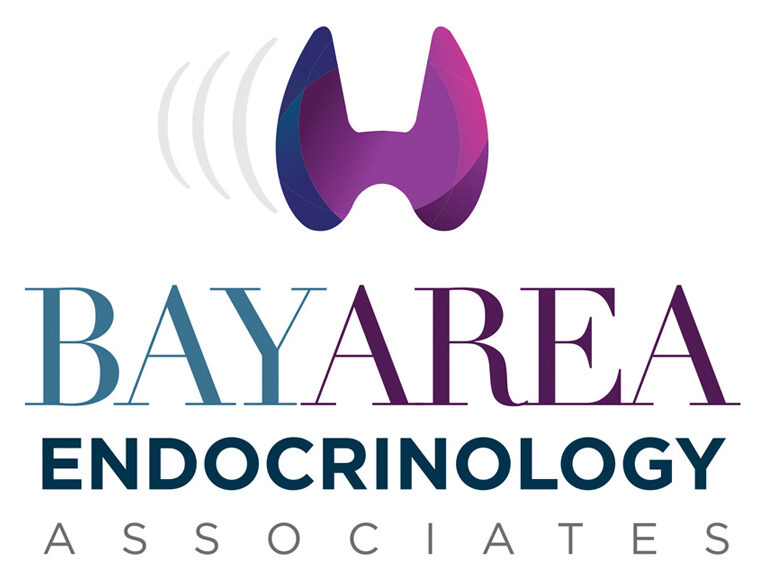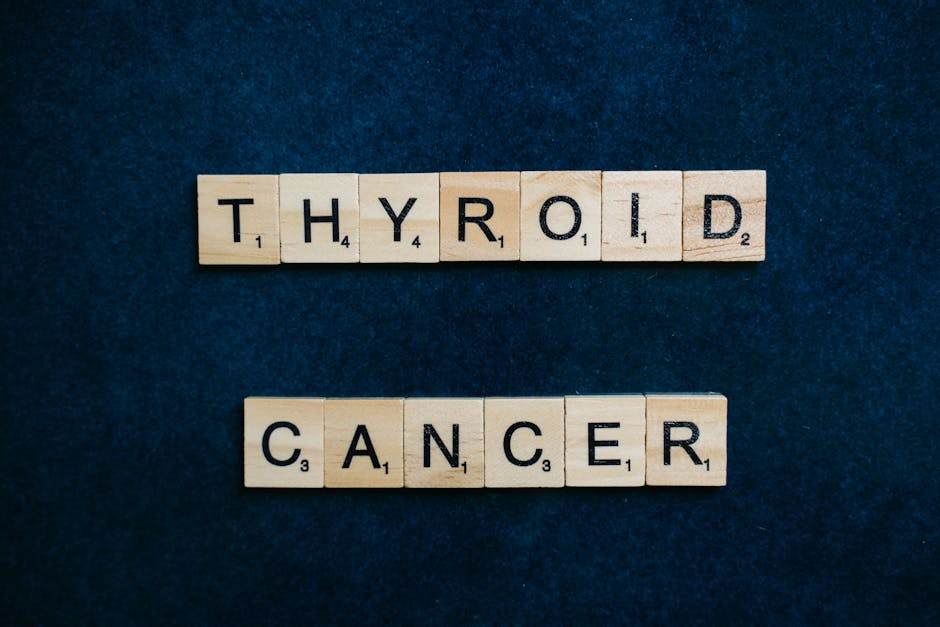Understanding Thyroid Disorders
Thyroid disorders, also known as thyroiditis, are a group of conditions that affect the thyroid gland, a small butterfly-shaped gland in the neck that produces hormones that regulate metabolism. Thyroid disorders are becoming more common in recent years, with an increasing number of people diagnosed with these conditions. It can significantly impact a person’s health and quality of life, so it is essential to understand their causes, signs, and symptoms.
We treat thyroid conditions at our medical practice in medical practice in Tampa, FL, treating all thyroid conditions. Our experienced and knowledgeable staff have treated patients with thyroid disorders for many years. We have the latest technology and equipment to diagnose and treat thyroid disorders. We understand that dealing with a thyroid disorder can be stressful and overwhelming, so we strive to provide our patients with comprehensive, individualized care. We take the time to listen to our patients, answer their questions and concerns, and work with them to develop a treatment plan tailored to their specific needs. Here is what you need to know about thyroid disorders.
The Main Types
1. Hyperthyroidism
This is a condition in which the thyroid gland produces too much thyroid hormone. This can cause many symptoms, including weight loss, increased appetite, anxiety, irritability, rapid heartbeat, sweating, and tremors. Hyperthyroidism can also lead to eye problems, such as bulging eyes and double vision, as well as skin changes, such as thinning and fine wrinkling. Hyperthyroidism can be caused by an autoimmune disorder, such as Graves’ disease, or by a benign or malignant tumor on the thyroid gland.
2. Hypothyroidism
In this condition, the thyroid gland does not produce enough thyroid hormone. This can cause various symptoms, including fatigue, weight gain, depression, dry skin, hair loss, cold intolerance, and constipation. Hypothyroidism can also lead to high cholesterol, heart disease, and infertility. Hypothyroidism can be caused by an autoimmune disorder, such as Hashimoto’s thyroiditis, or a lack of iodine in the diet.
The Major Causes
1. Autoimmune Diseases
Autoimmune diseases are a significant cause of thyroid disorders. In autoimmune conditions such as Hashimoto’s thyroiditis and Graves’ disease, the immune system mistakenly attacks the thyroid gland, causing damage and leading to overproduction or underproduction of hormones. Autoimmune thyroid disorders are more common in women and often run in families.
2. Genetics
Genetics can also play a role in the development of thyroid disorders. Certain inherited genetic conditions, such as congenital hypothyroidism, can cause the thyroid gland to not function properly from birth. These disorders are caused by mutations in the genes that control the development and function of the thyroid gland. Some genetic disorders can be inherited in an autosomal dominant or recessive pattern, meaning that only one copy of the altered gene is needed for the disease to occur or that both copies of the gene must be changed, respectively.
3. Exposure to Toxins
Certain chemicals, such as perchlorate, a component of rocket fuel, and polychlorinated biphenyls (PCBs), which are industrial chemicals banned for decades, can disrupt the normal functioning of the thyroid gland. These toxins can interfere with the production and release of thyroid hormones, leading to hypothyroidism. Exposure to radiation, such as that radiation therapy for cancer or from a nuclear accident, can also damage the thyroid gland, leading to thyroid disorders.
The Different Tests
1. TSH test
TSH (thyroid-stimulating hormone) test is a blood test that measures the level of TSH in the blood. This test determines if the thyroid gland produces too much or too little thyroid hormone. High levels of TSH can indicate hypothyroidism, while low levels can indicate hyperthyroidism.
2. Thyroid Antibody Test
This test measures the levels of antibodies that attack the thyroid gland in the blood. High levels of these antibodies can indicate an autoimmune disorder, such as Hashimoto’s thyroiditis or Graves’ disease.
3. Thyroid Scan
A thyroiditis scan uses a small amount of radioactive material to create images of the thyroid gland. This test can help to identify any abnormalities in the thyroid gland and can also help to determine if a lump or nodule is benign or cancerous.
4. Radioactive Iodine Uptake Test
This test measures how the thyroid gland takes up much radioactive iodine. This test can help identify the cause of hyperthyroidism.
Treatment Options
1. Anti-thyroid Medicine
These medications work by blocking the production of thyroid hormones. They are typically used to treat hyperthyroidism caused by an autoimmune disorder like Graves’ disease. These medications can take several weeks to months to take effect, but they can help to decrease the symptoms of hyperthyroidism and reduce the size of the thyroid gland.
2. Radioiodine Therapy
This treatment uses a small amount of radioactive iodine to destroy part of the thyroid gland, which can help reduce thyroid-hormone production. This treatment is usually used for hyperthyroidism caused by an overactive thyroid or nodules.
3. Thyroidectomy
This surgical procedure involves the removal of all or part of the thyroid gland. This treatment is usually used for severe cases of hyperthyroidism or thyroid cancer.
4. Beta-blockers
These medications can help control some symptoms of hyperthyroidism, such as rapid heartbeat and tremors, by slowing down the heart rate. They can be used temporarily to control symptoms while other treatments take effect.
Thyroid disorders are treatable conditions that can significantly impact a person’s health and quality of life. The treatment choice will depend on the specific type of thyroid disorder and the patient’s needs. See a healthcare professional if you suspect you may have a thyroid disorder. Early diagnosis and treatment can prevent the development of long-term complications. Regular monitoring and follow-up care are also essential to ensure effective treatment and make any necessary adjustments. If you suspect that you or someone you know might be suffering from a thyroid disorder, don’t hesitate to schedule an appointment with our specialist and doctor to take control of your health.








